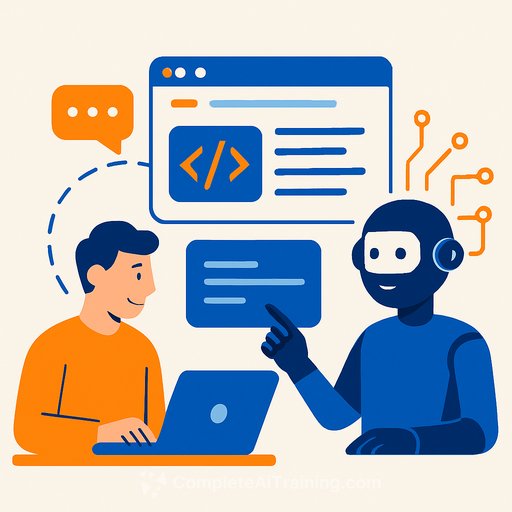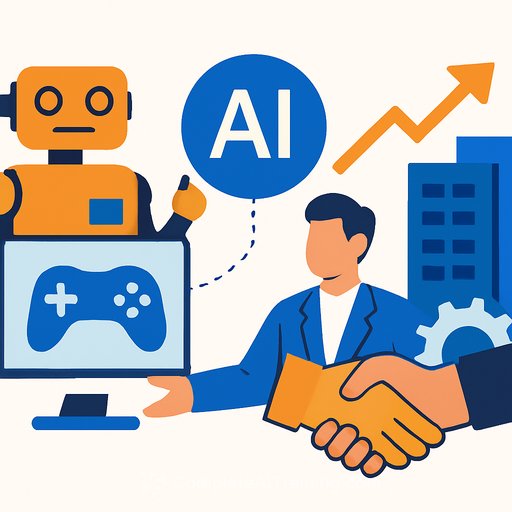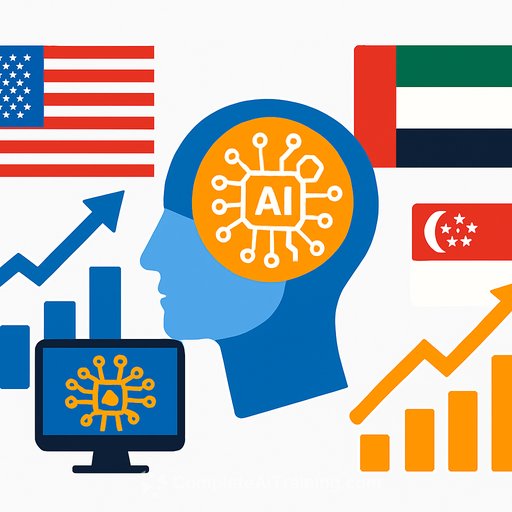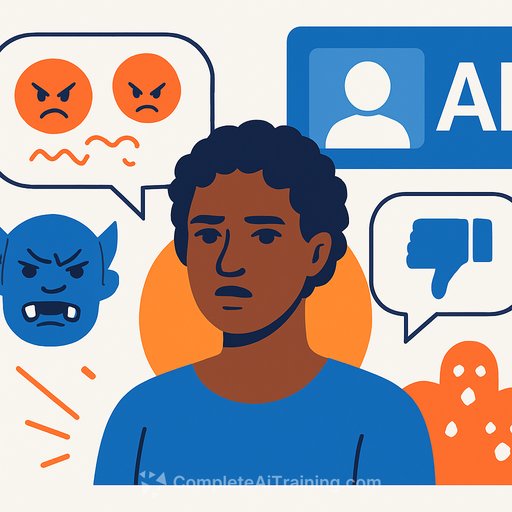AI Agents Transforming the Software Development Lifecycle
At the recent AI Engineer World’s Fair in San Francisco, Eno Reyes, co-founder and CTO of Factory, presented a compelling vision: software development is shifting from a human-driven process to an agent-driven one. This isn't just about adding AI tools to existing workflows; it’s about letting autonomous AI agents take charge of the entire software development lifecycle (SDLC), from planning and coding to testing and incident management.
Reyes pointed out that today's AI tools provide incremental benefits because they rely heavily on human input and context. The real change begins when intelligent agents operate with full access to relevant context, enabling them to perform most development tasks independently. This shift allows engineering teams to delegate routine and complex tasks, freeing them to focus on higher-level strategy and decision-making.
The Importance of Context in AI-Driven Development
A key takeaway from the presentation was what Reyes calls “The Context Principle.” AI tools fail mainly because they lack sufficient context — up to 90% of errors stem from missing critical information. Factory addresses this by centralizing context from all engineering tools and data sources. This comprehensive environment allows AI agents to ground their work effectively, moving beyond surface-level coding assistance to truly agent-native development.
AI Agents as Collaborative Partners
For complex phases like planning and design, AI agents do more than generate roadmaps. They analyze user interviews, technical documents, and product goals to identify patterns and technical constraints. This collaborative approach shifts extensive groundwork onto AI, so human engineers can concentrate on refining ideas and making strategic choices.
Enhancing Reliability and Incident Response
Site reliability engineering (SRE) and incident response also benefit significantly. Reyes showcased a “Reliability Droid” that can autonomously process incident reports from tools like Sentry, gather context from system logs, past root cause analyses, and team conversations on Slack. The agent diagnoses issues, identifies root causes, and proposes mitigation plans with code fixes and recommendations. Over time, these agents learn from each incident, enabling teams to move from reactive firefighting to predictive maintenance.
Looking Ahead: The Role of Developers and AI Agents
According to Reyes, the future belongs to developers who collaborate effectively with AI agents. Instead of spending most of their time writing code, these engineers will manage and orchestrate intelligent systems capable of executing multiple tasks simultaneously. This new approach expands the scope of software development from detailed coding to broader strategic oversight.
For IT professionals and developers interested in advancing their skills in AI-driven workflows, exploring specialized training can be beneficial. Platforms like Complete AI Training offer courses tailored to integrating AI tools into software development and automation.
Your membership also unlocks:




